In what marks a monumental shift in Nigeria’s architectural and design landscape, the University of Lagos (UNILAG) on Tuesday, August 26, 2025, unveiled its newly inaugurated Faculty of Architecture with an inaugural Architecture Roundtable Talk, a signature event that heralds a new chapter in design learning.
With the newly inaugurated Faculty and pioneering Department of Landscape Architecture and Urban Design, UNILAG is trailblazing a holistic approach, melding urban form, interior architecture, and ecological design into a forward-looking curriculum.
Held under the theme: Designing Resilient Cities: Integrating Landscape and Urban Form for a Sustainable Future, the event brought together educators, policymakers, and design professionals including the President of the Nigerian Institute of Architects (NIA), Arc. Mobolaji Adeniyi, to ignite a visionary dialogue on building resilient and culturally attuned cities for the future.
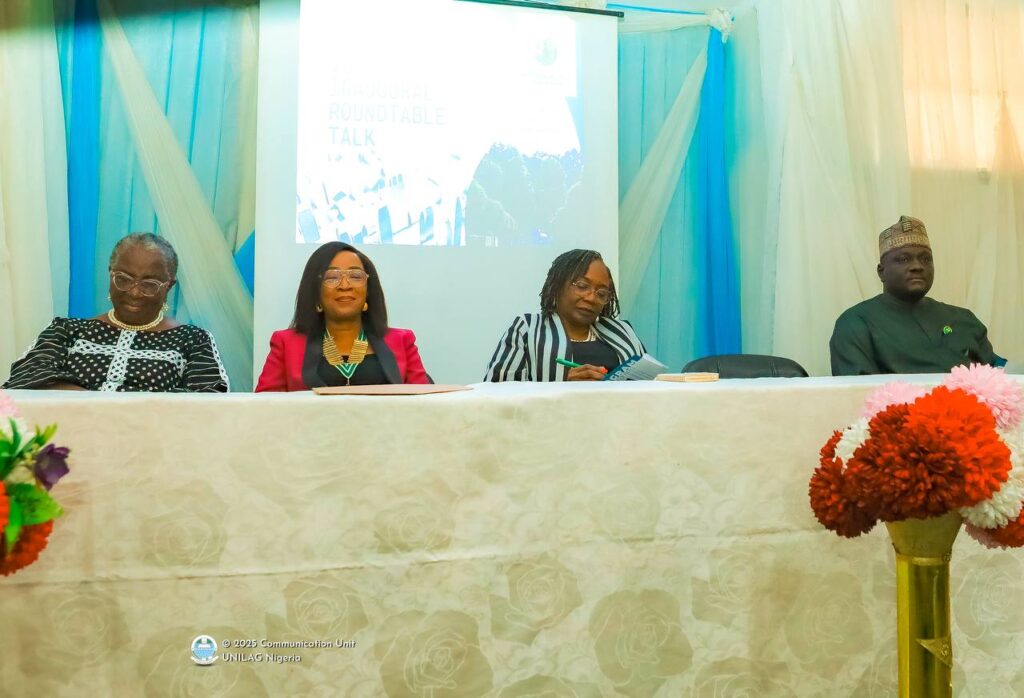
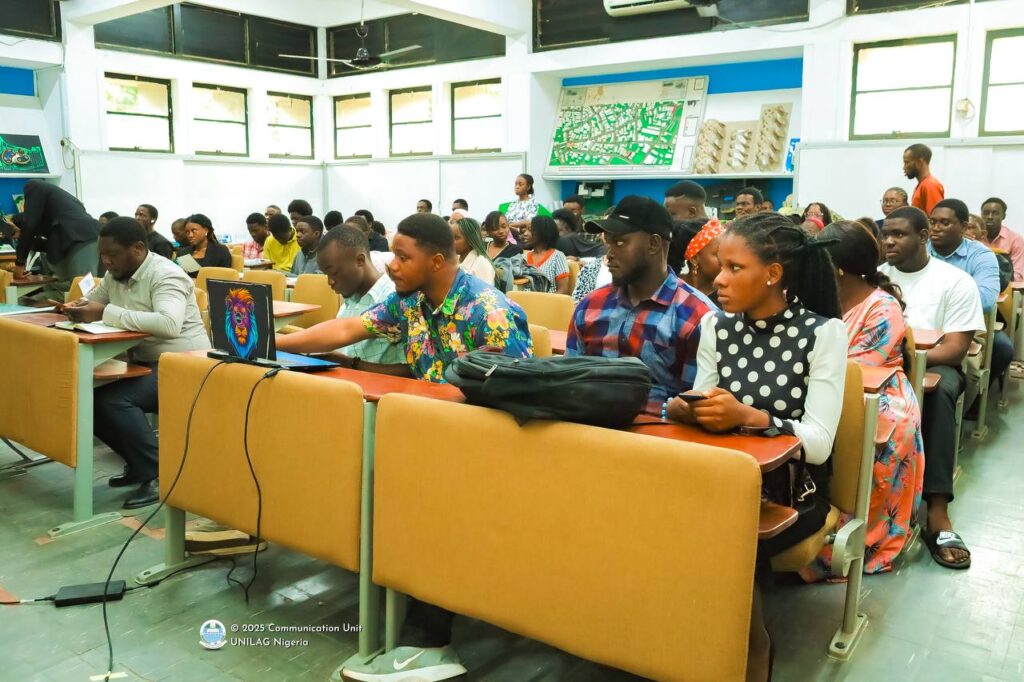
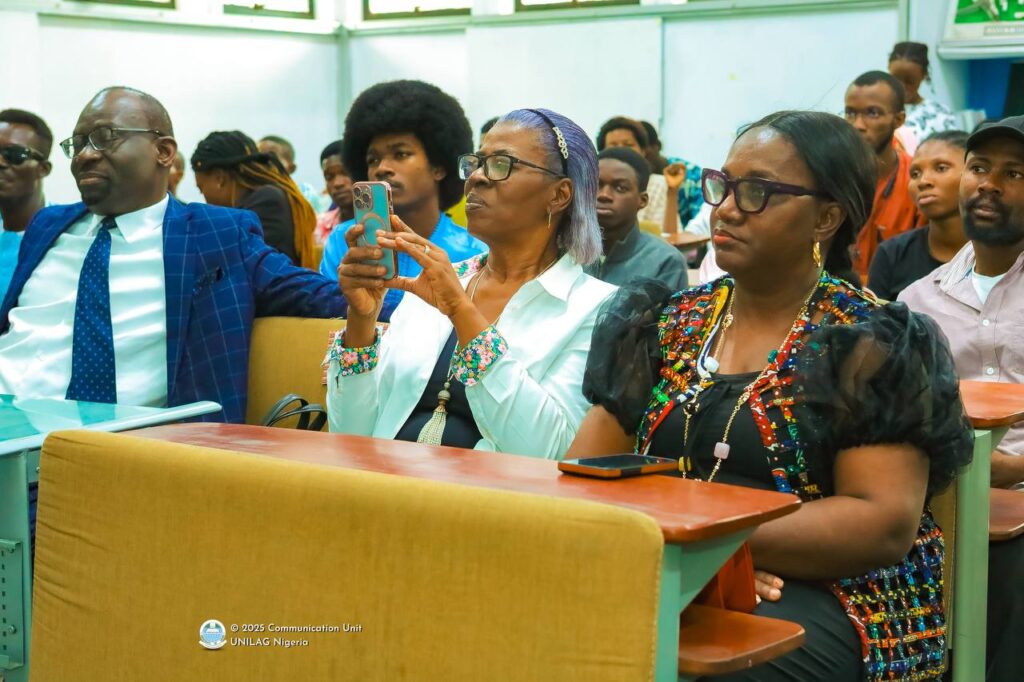
In her remarks, the Vice-Chancellor, Prof. Folasade T. Ogunsola, OON, FAS, urged participants to anchor design on the African narrative, embracing cultural resonance, shared heritage, and ecological integrity. She challenged the Faculty to cultivate an architecture that speaks to identity, place, and continuum; asserting that design should be a tool of empowerment, transformation, and rooted relevance.
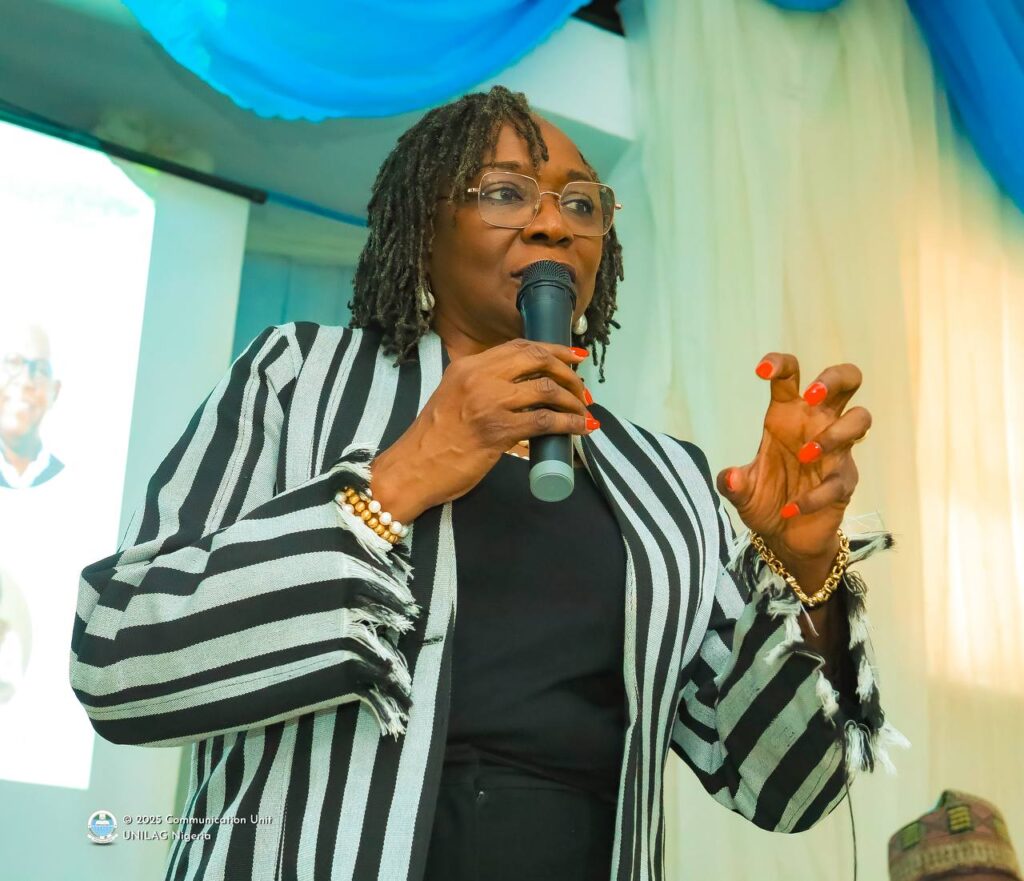
In a heartfelt address, Acting Head of the newly established Department of Landscape Architecture and Urban Design, Dr. Nnezi Olugu, underscored the historic significance of the occasion.
With the formal integration of urban design, interior architecture, and landscape architecture under a unified Faculty of Architecture, she averred that the institution’s bold academic restructuring fills a long-standing gap in the nation’s design education landscape, and also marks a turning point in how architecture is taught and practised.
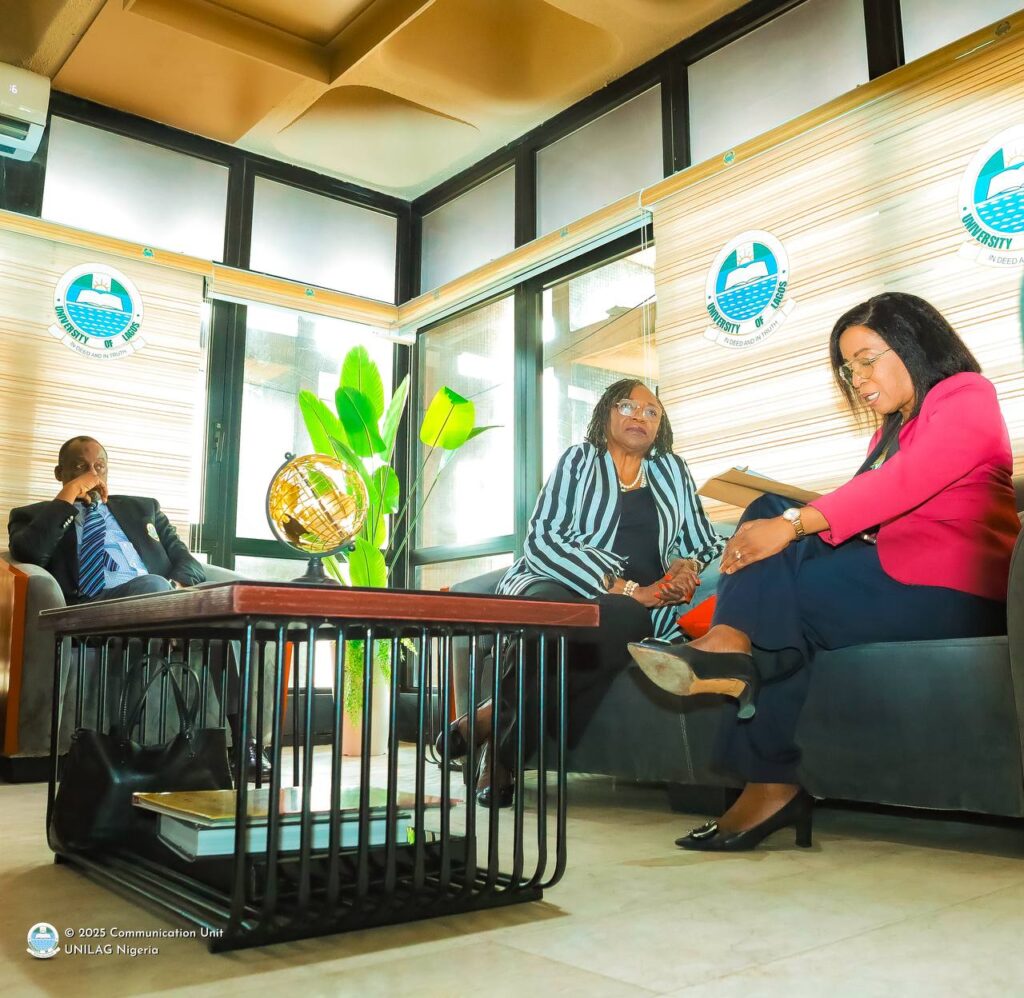
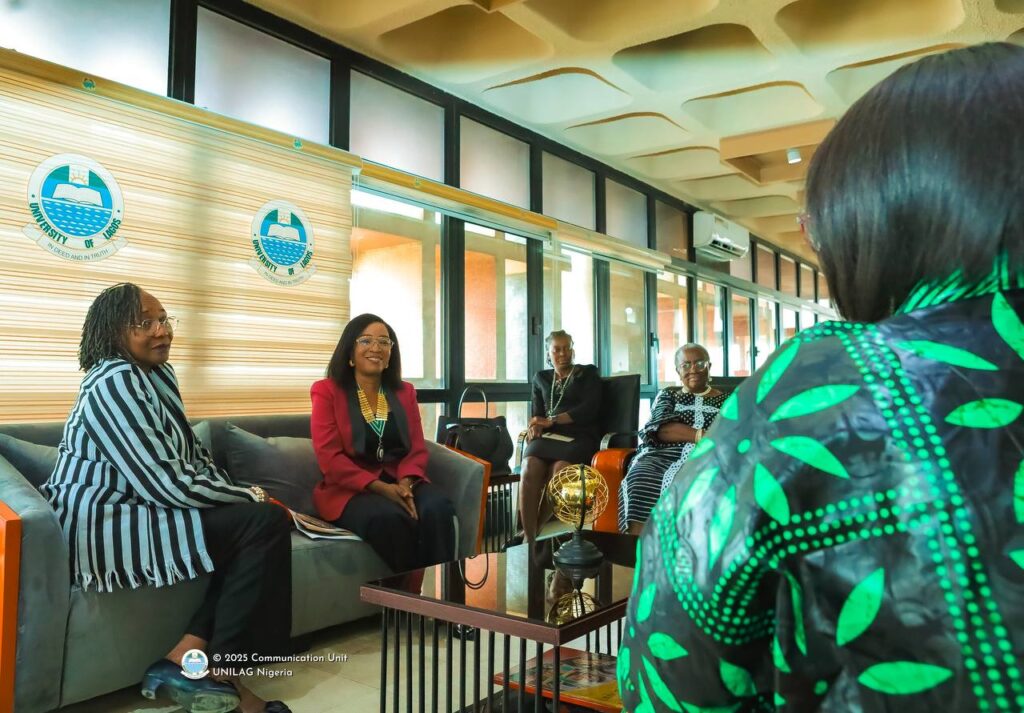
Delivering the keynote address, the NIA President, Arc. Mobolaji Adeniyi, reframed resilience as an imperative not a luxury. She highlighted alarming demographic trends including Nigeria’s urban population surge from just 15% in 1960 to 54% in 2022, with projections approaching 70% by 2050. Globally, over 55% of the population currently resides in cities – a figure expected to rise to 68% by mid-century.
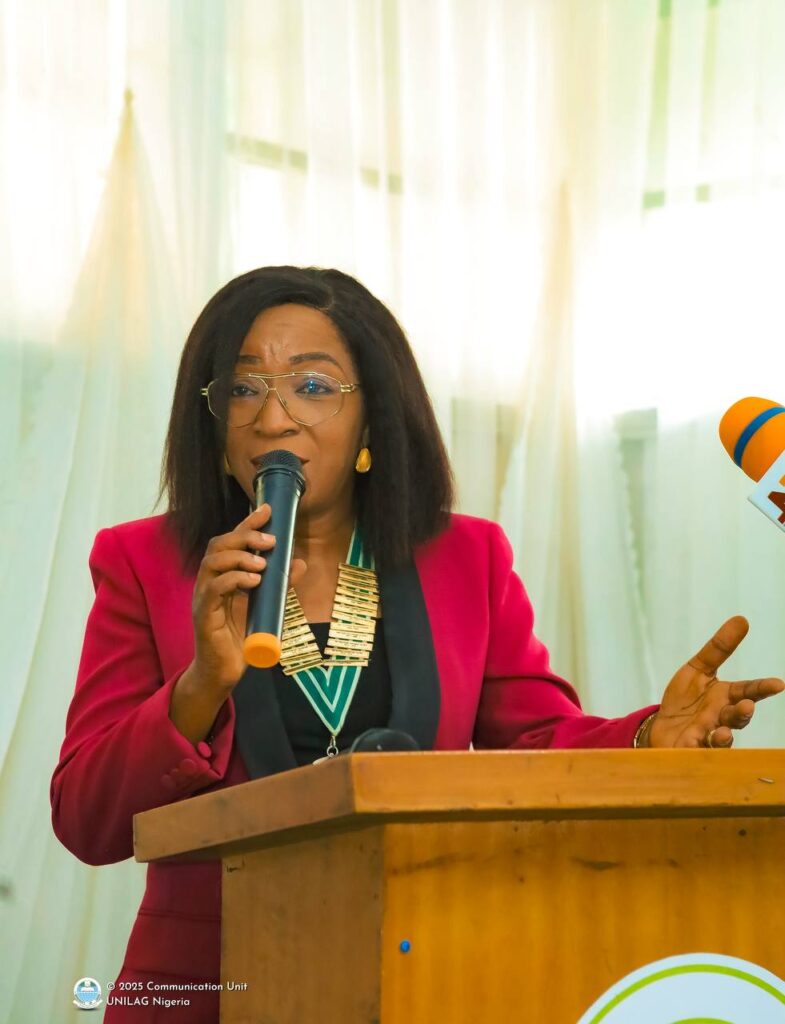
Through her lens, she posited that resilience equates to a city’s adaptive capacity, its ability to withstand shocks while preserving spatial structure, community cohesion, and essential services. Her message was unequivocal: “Design must fortify urban systems, absorb stress, and safeguard inclusivity.”
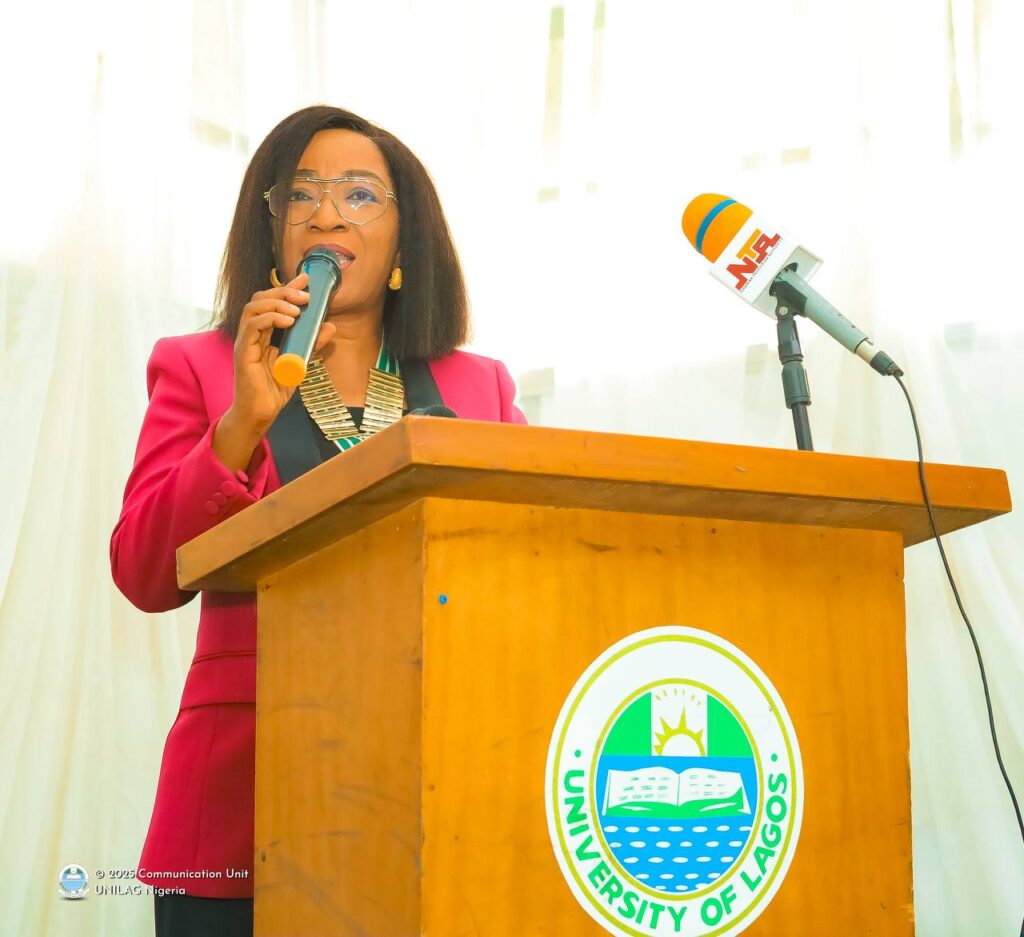
Drawing from the cultural memory of Bar Beach, Arc. Olubukunola Ejiwunmi evoked a vivid picture of a place once central to Lagos’s social and architectural identity – a natural buffer that combined recreation with environmental stewardship.
The first female President of the NIA championed green infrastructure as essential to resilient cities. She emphasised that parks, urban forests, and wetlands not only mitigate heat and purify the air, but also sustain biodiversity. It was a powerful call to embed biophilic design within urban planning to create humane, future-proof environments.
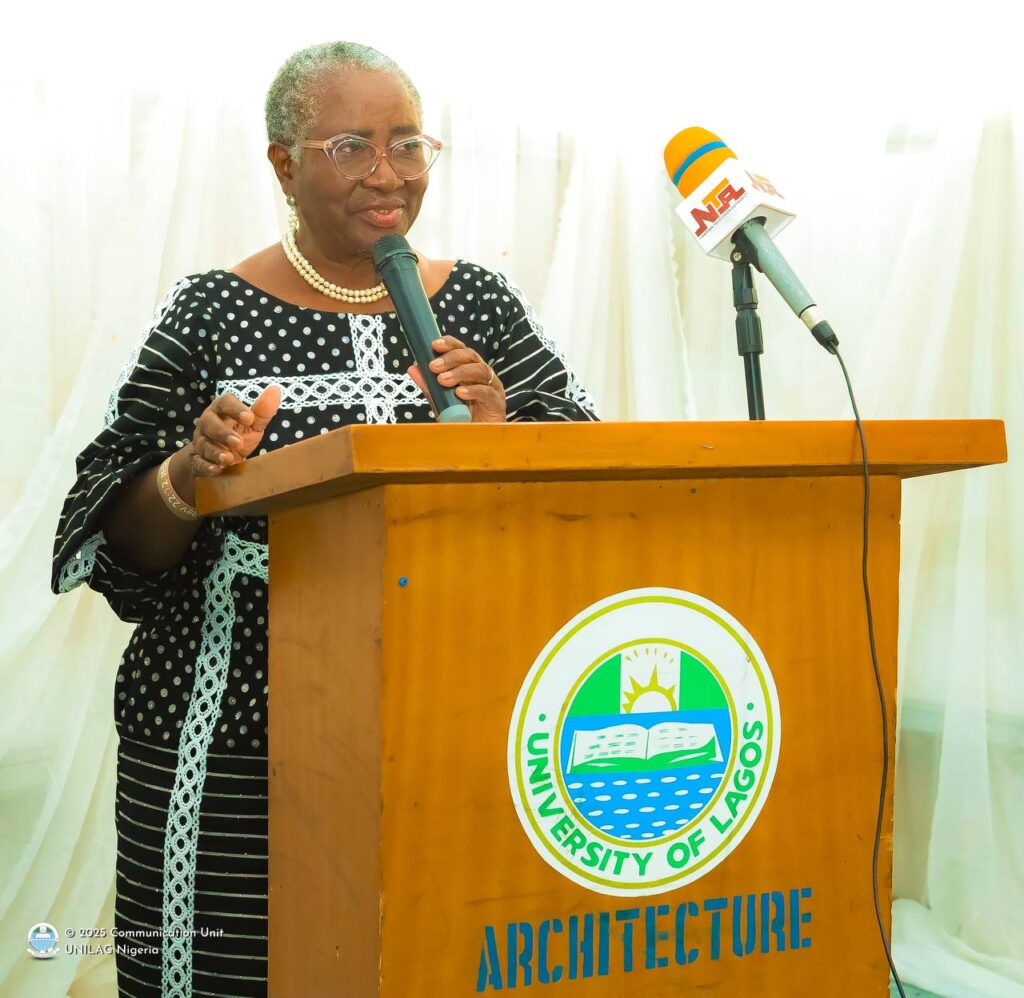
Also speaking at the event, President of the Society of Landscape Architecture of Nigeria (SLAN), Dr. Amos Atumye Alao, lauded UNILAG’s bold integration of landscape architecture into its academic framework. He re-affirmed SLAN’s support in aligning the new department with global standards and best practices.
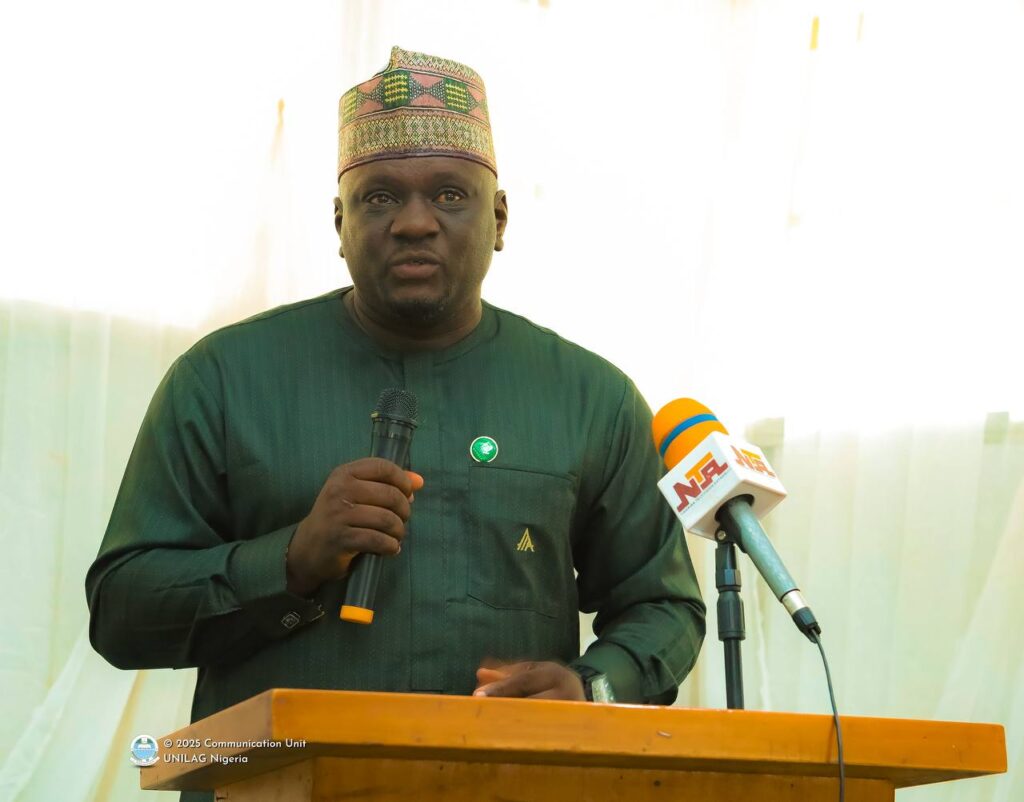
According to Dr. Alao, UNILAG now stands as a pioneering hub for multidisciplinary talent – architects, designers, and urban planners, equipped to rethink the dynamic interplay between built environments, human experiences, and ecological realities
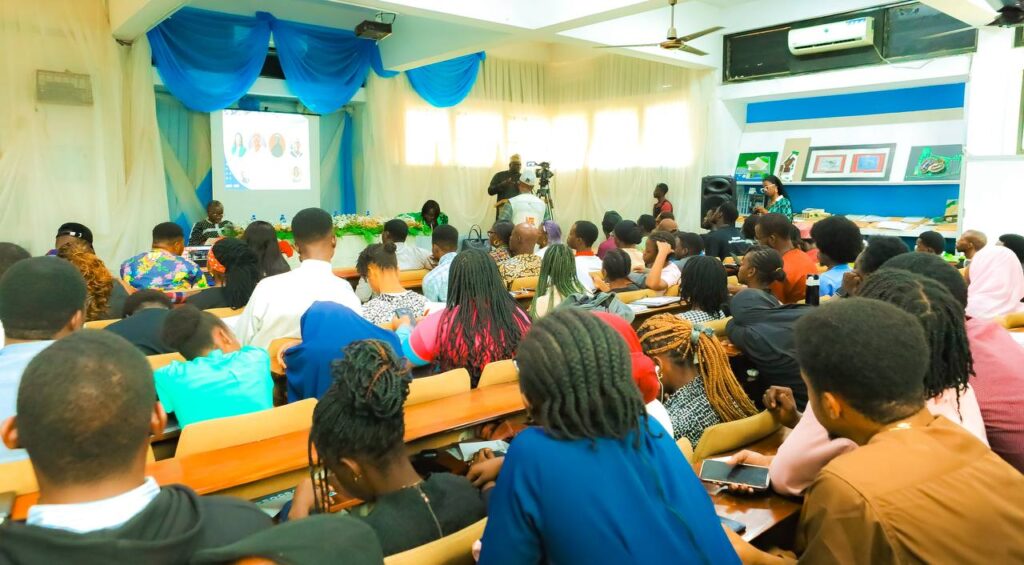
A musical interlude by student performers offered a serene and reflective pause in the programme, showcasing the university’s vibrant creative community.
Earlier in the day, the organising delegation had paid a courtesy visit to Vice-Chancellor, Prof. Folasade Ogunsola. Their conversation with the university’s management set an inspiring tone, one that presaged a day filled with collaborative visioning, institutional commitment, and bold innovation.

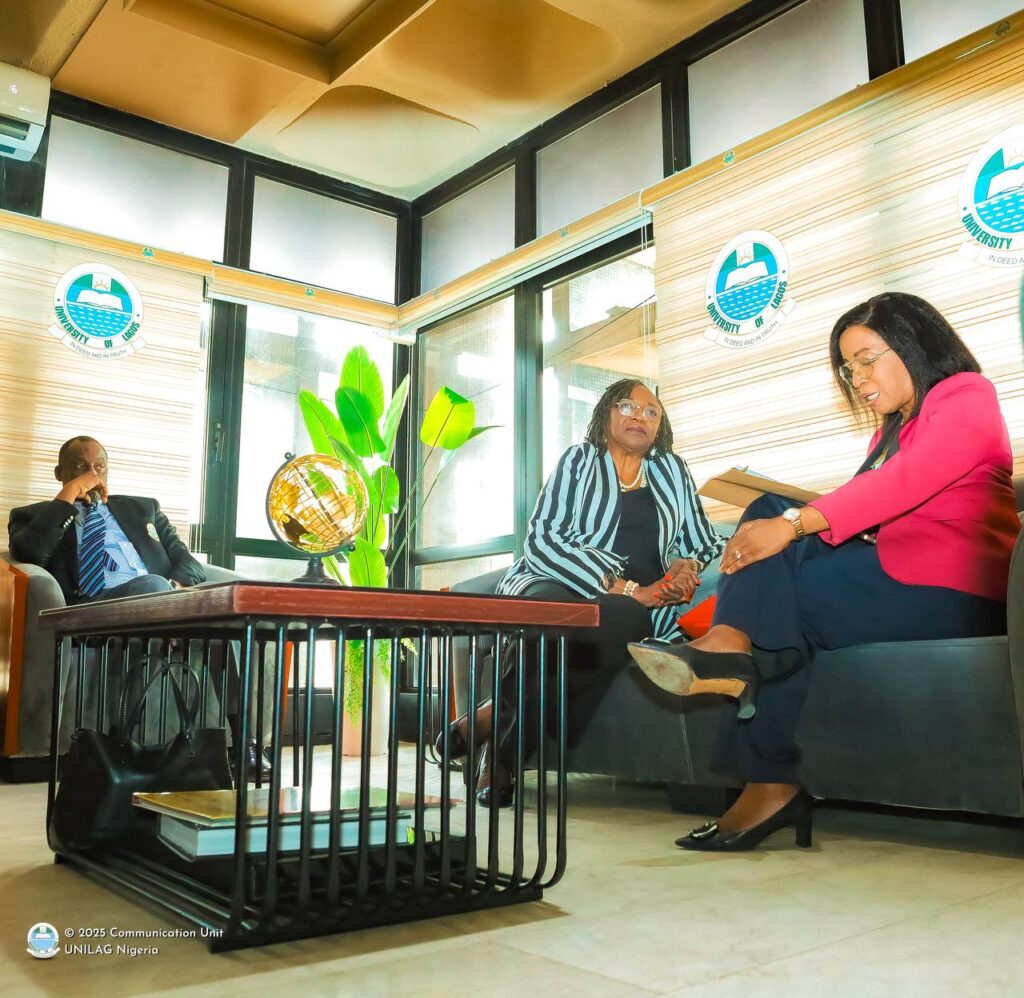

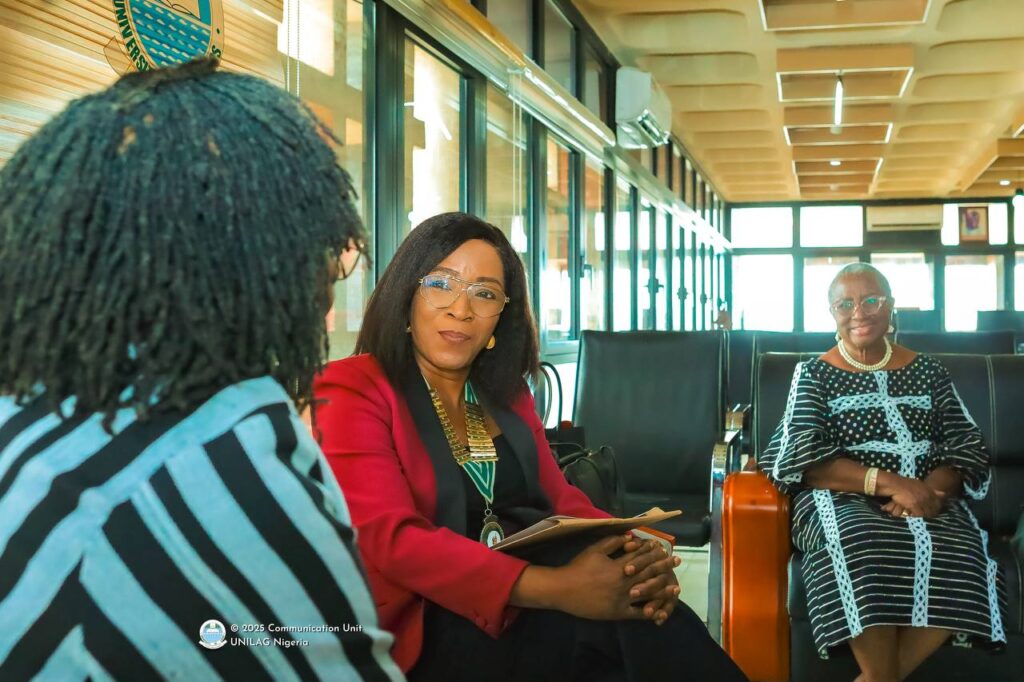

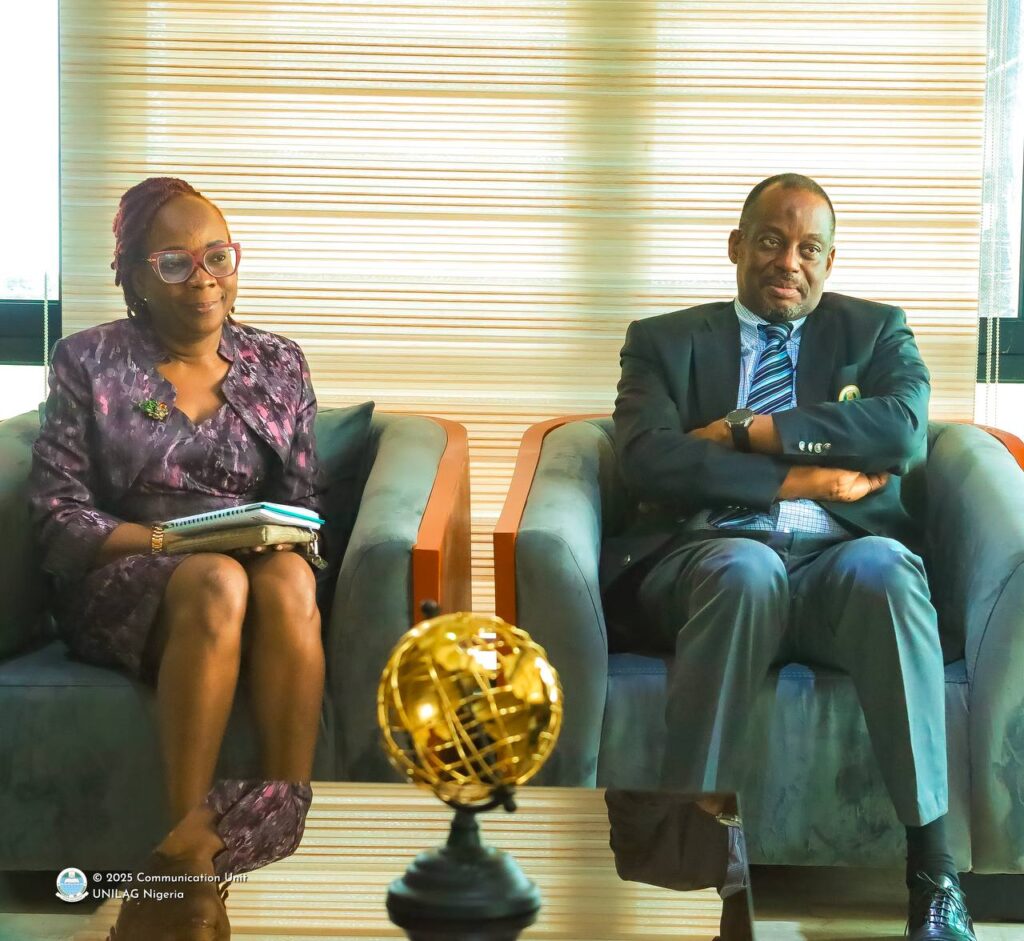
More than just an educational milestone, the roundtable represented a strategic commitment to urban resilience, multidisciplinary design education, and ecological foresight. By embedding landscape architecture into the core of its architectural training, the University of Lagos sets a compelling precedent: a future grounded in adaptation, cultural relevance, and design intelligence.
Report: Bayo Salau
Photographs: Ayo Oloyede
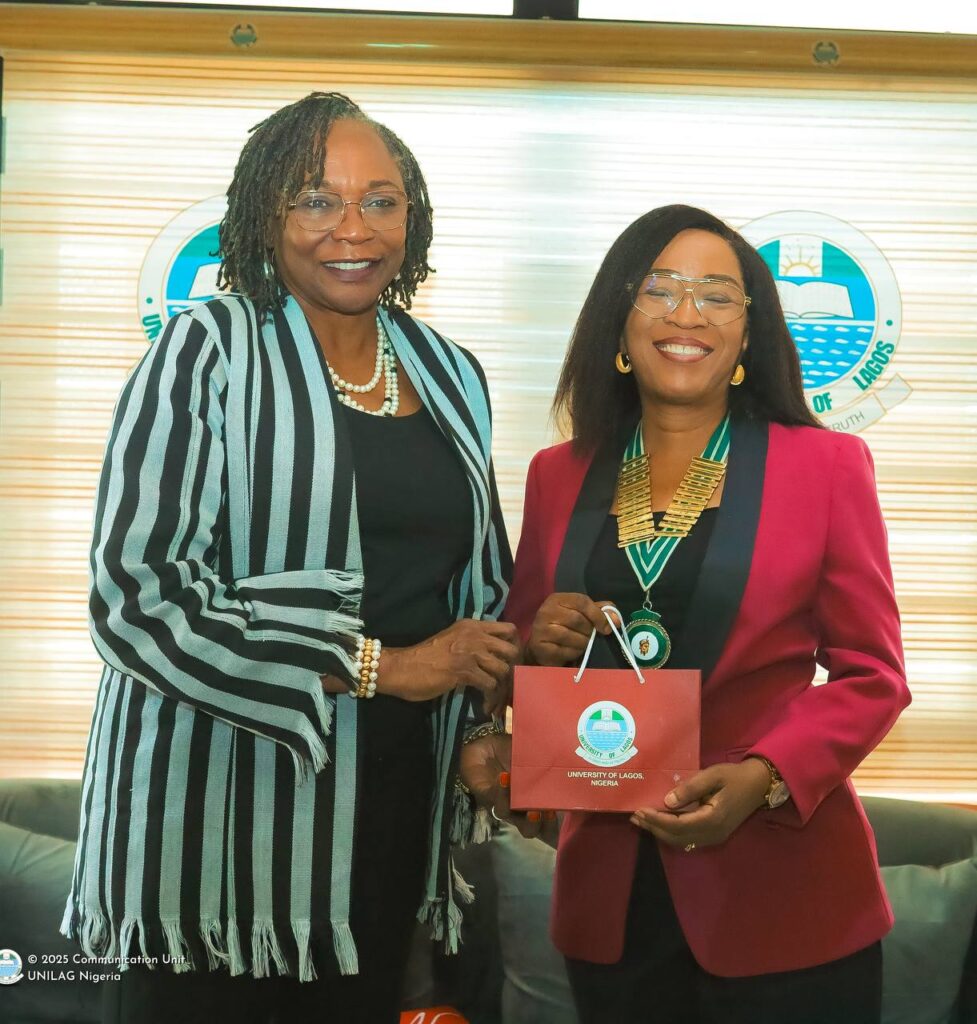
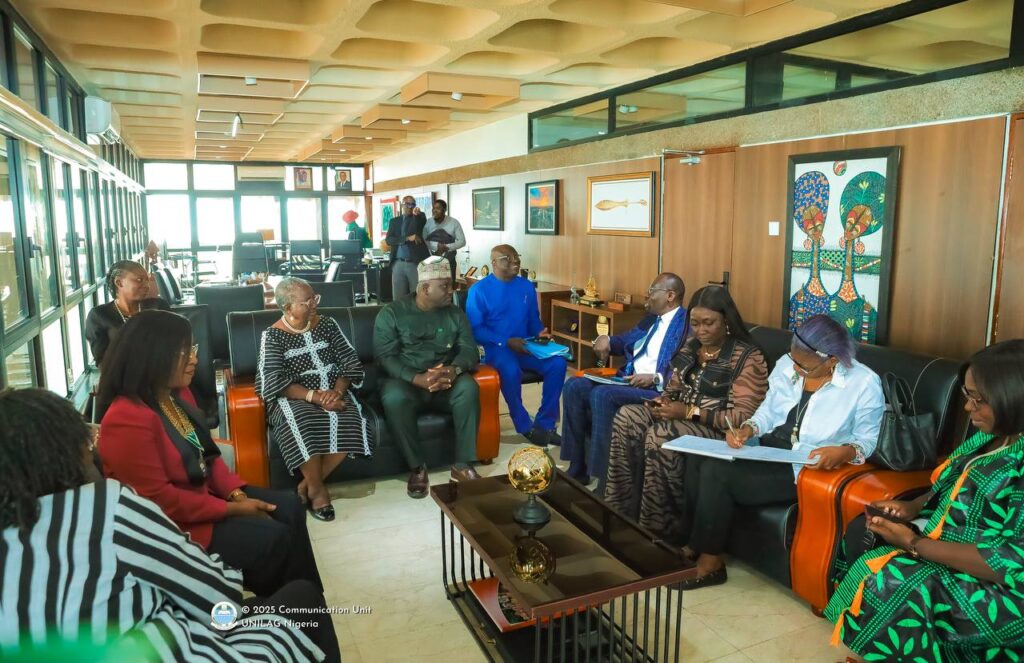
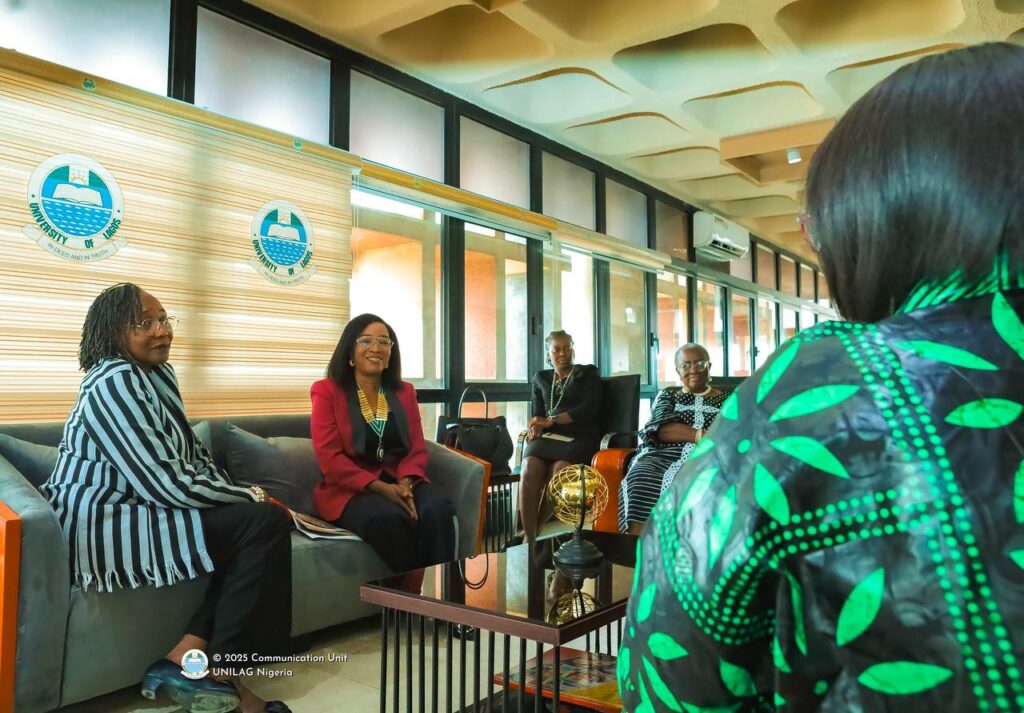
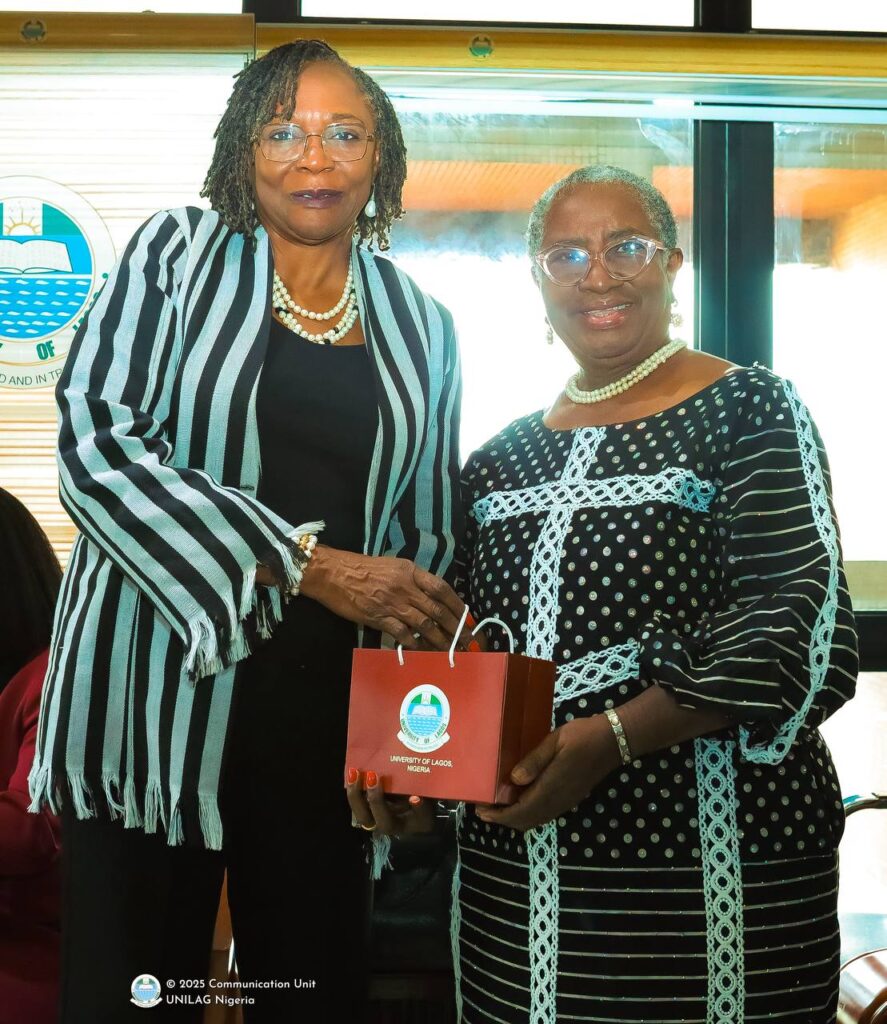
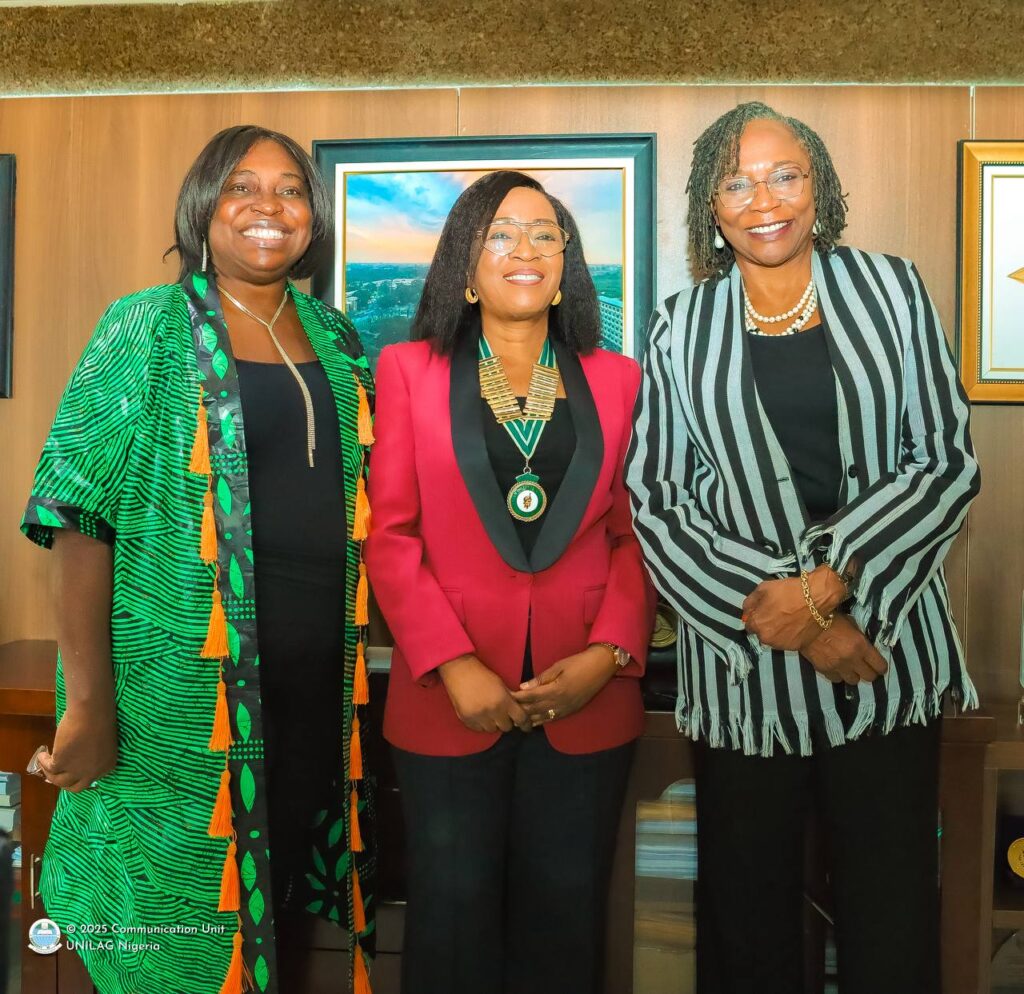
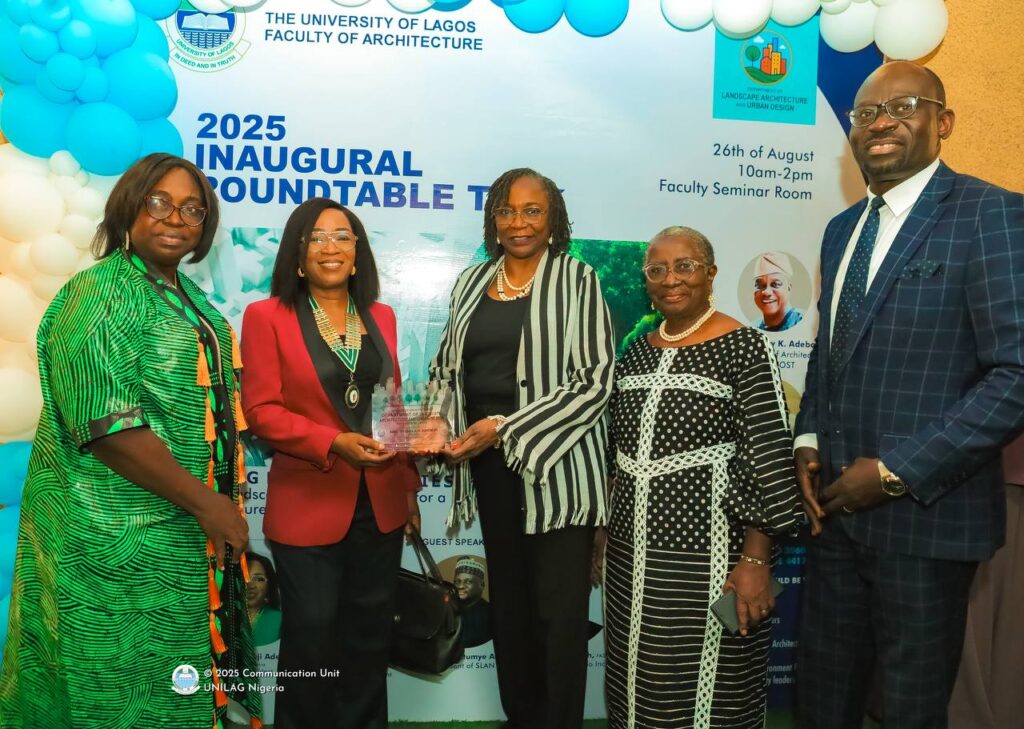
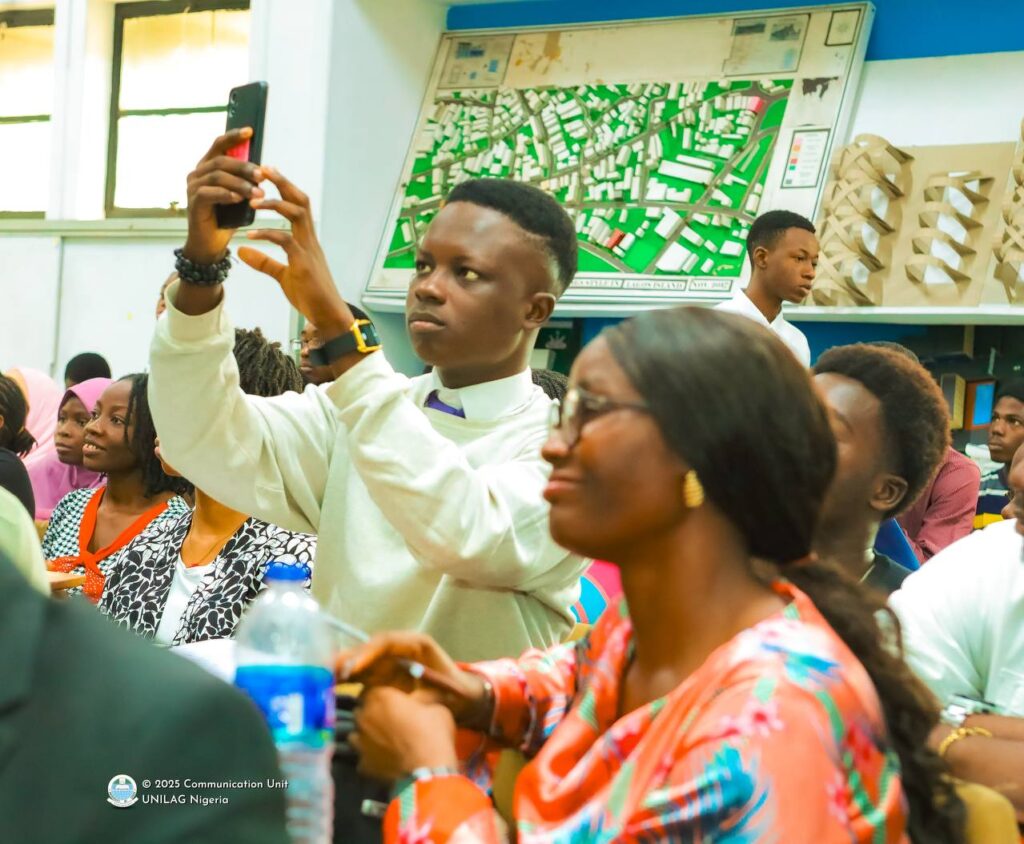
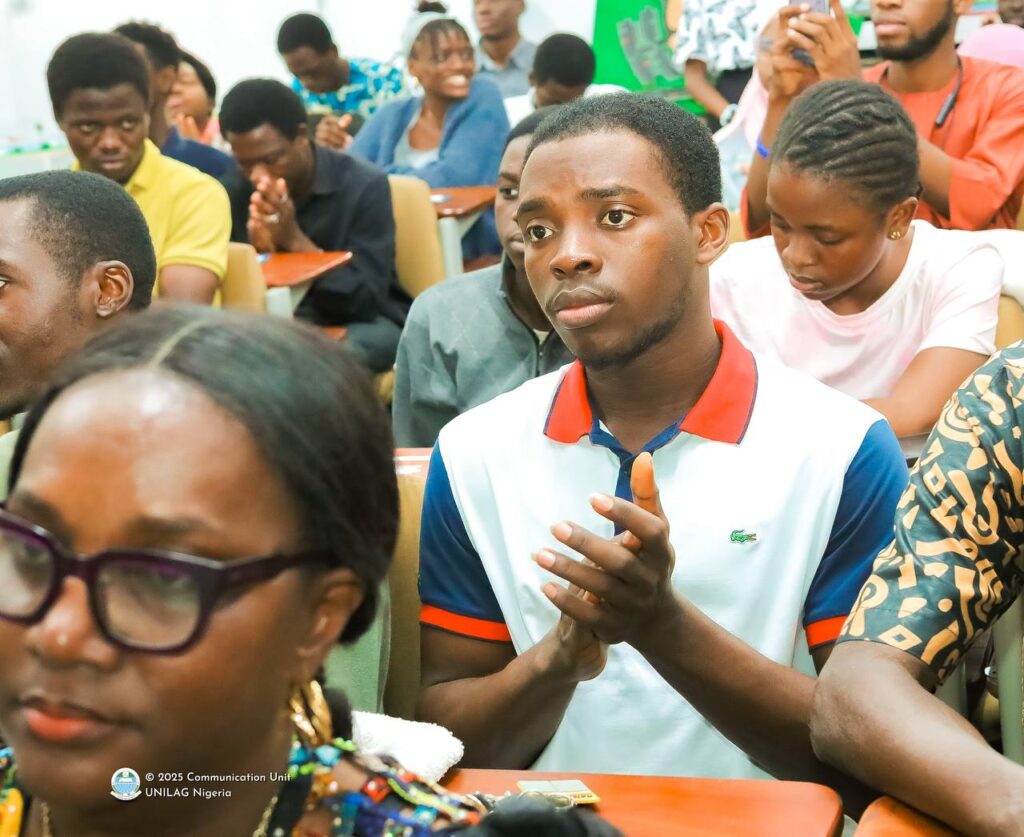
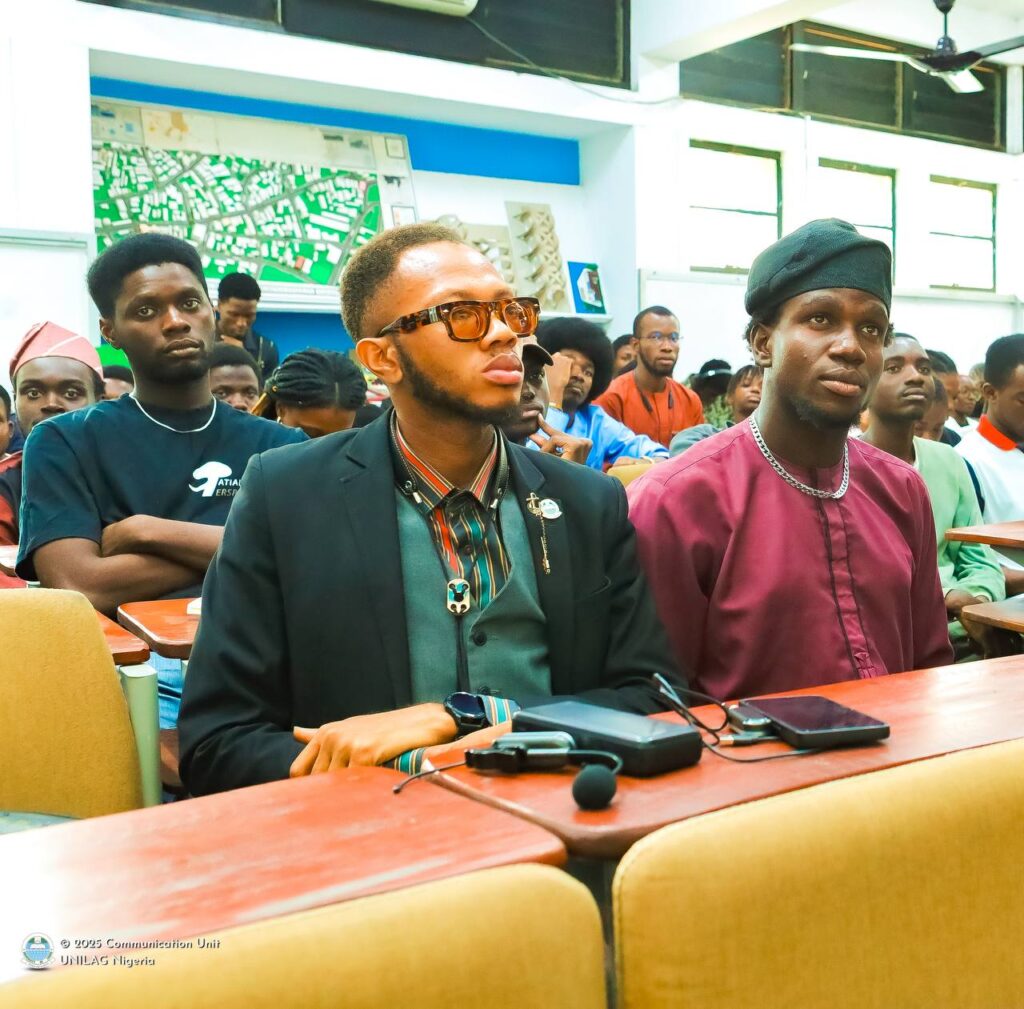

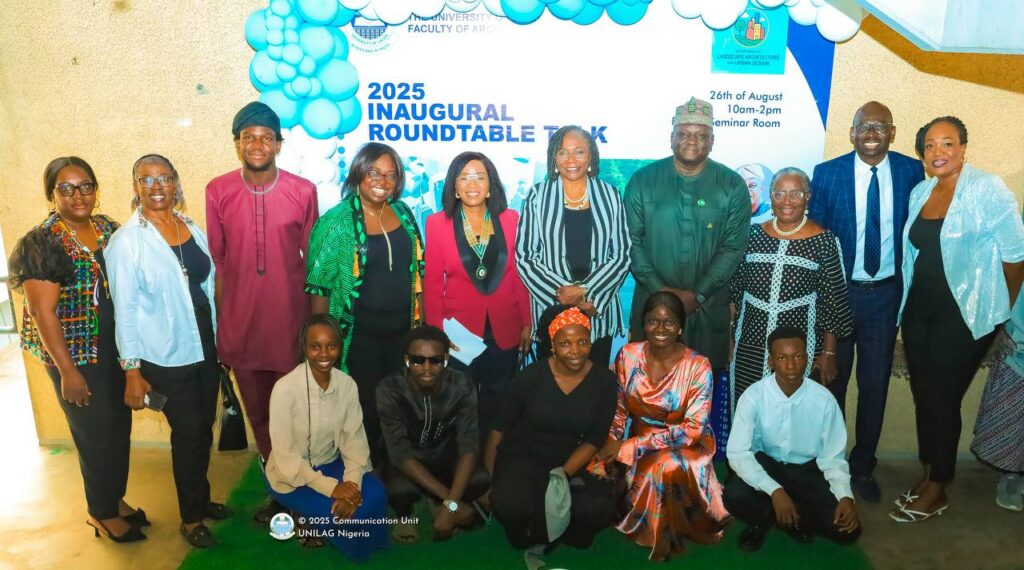
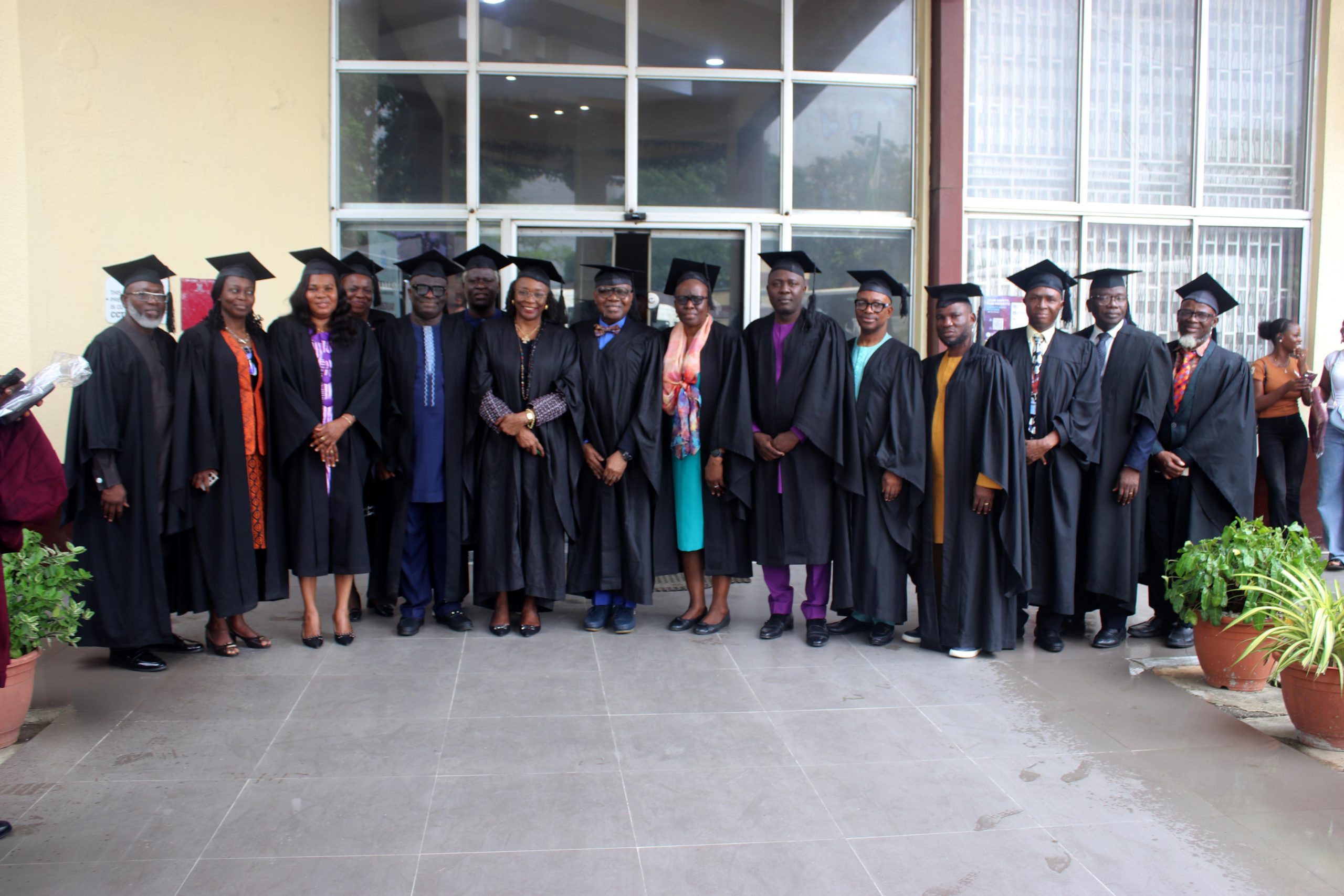
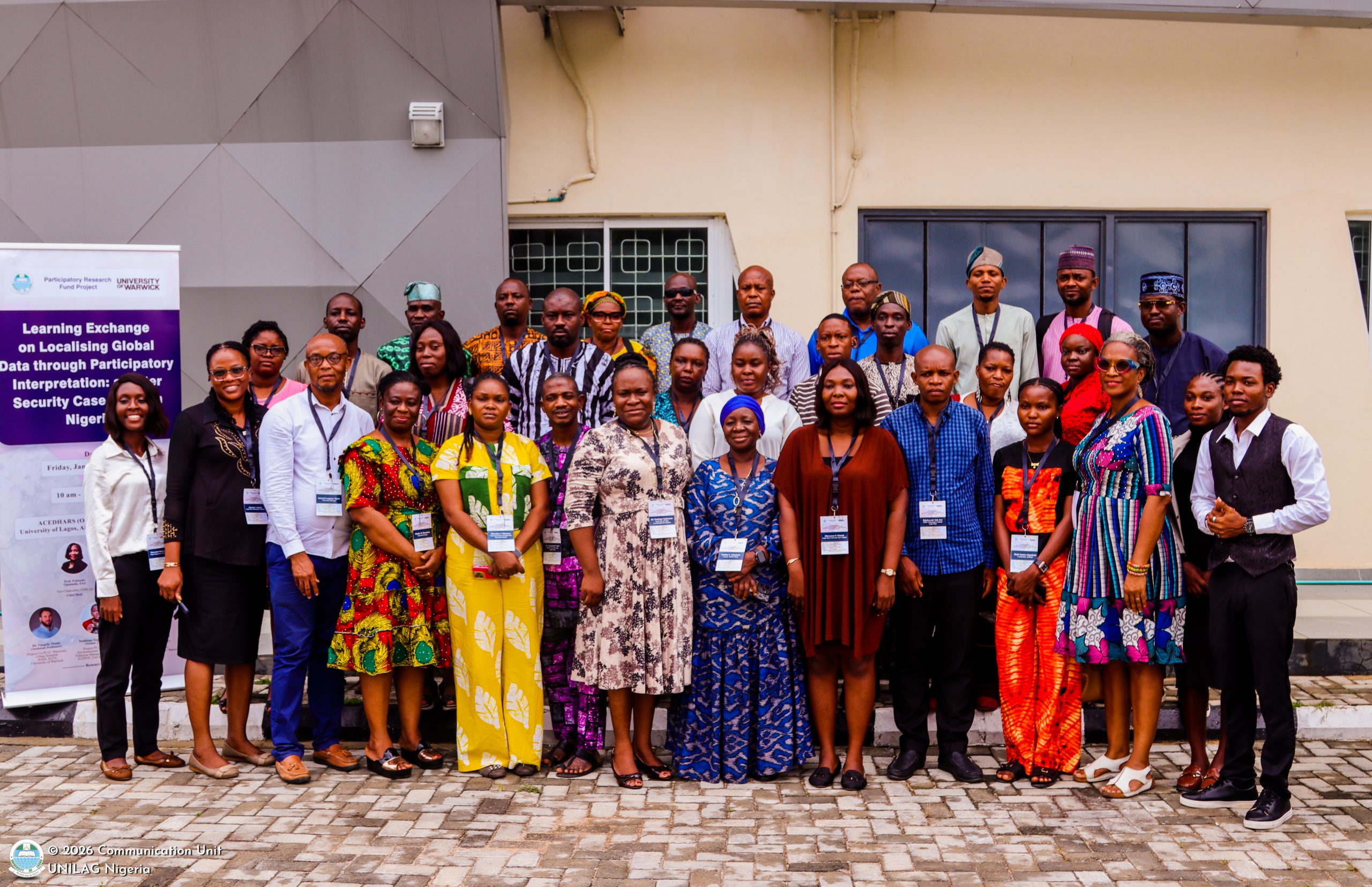
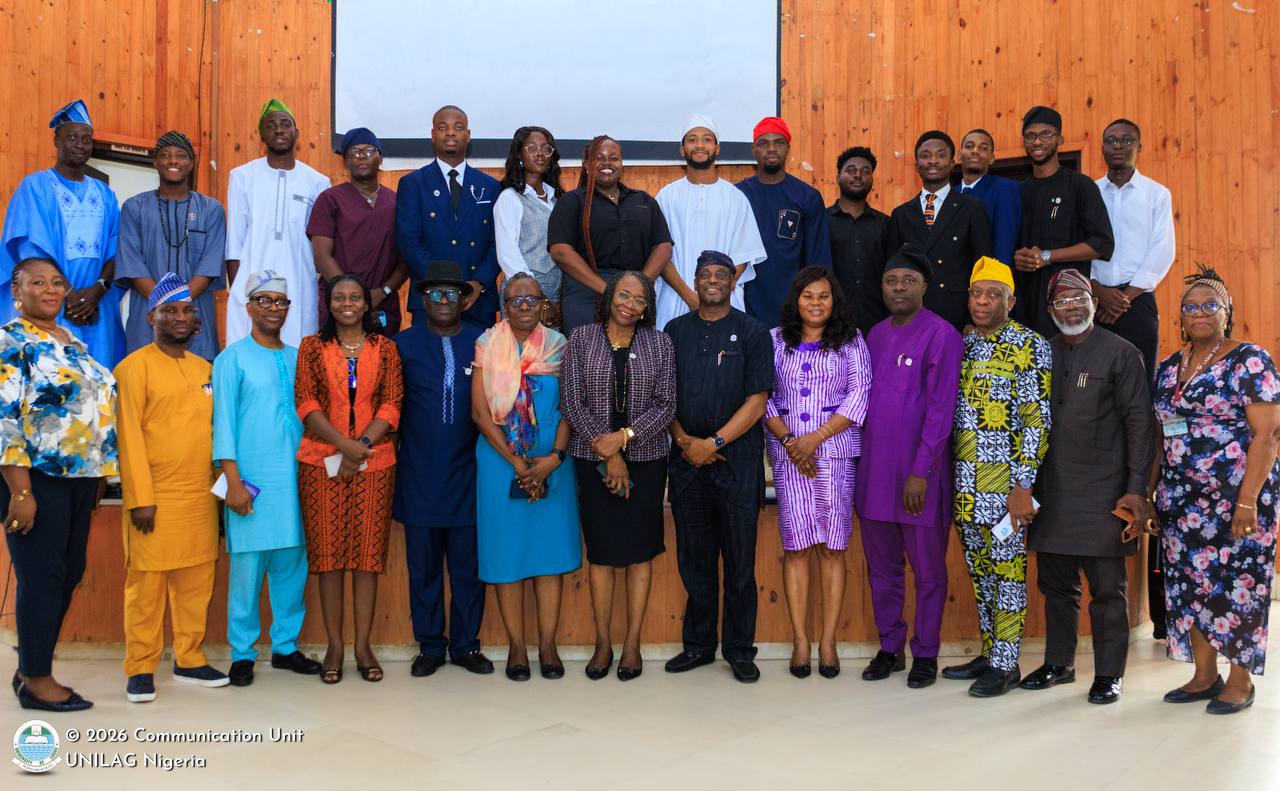
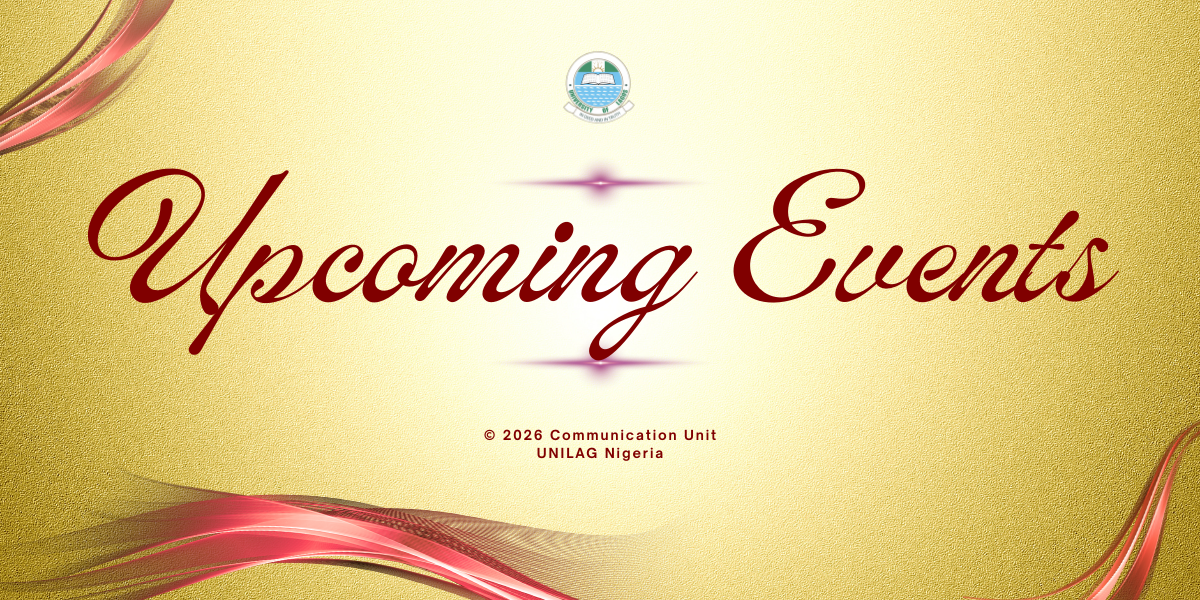

One Response
Excellent innovation